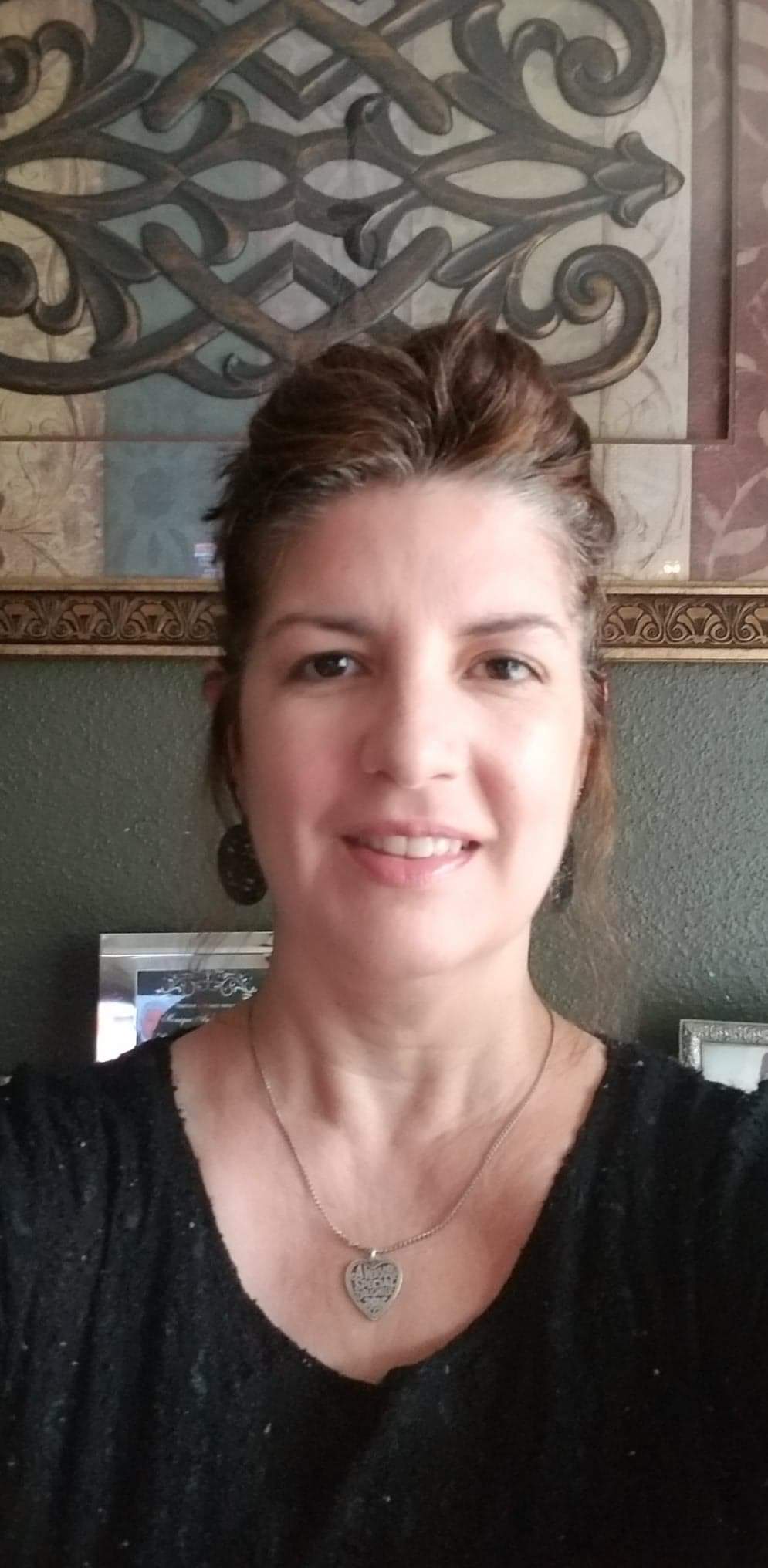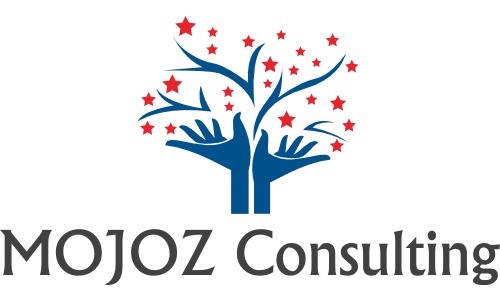Like many, I’m hoping one day we won’t have to refer to diversity, equity and inclusion (DEI) by name and call attention to it — it will just be a natural part of how we run our businesses and interact with people in the workplace and our communities. It won’t be a conversation from which we shy away or an idea we put back in a box. Everyone will have a voice that will be heard with respect and consideration.
Without giving everyone a voice, we can miss “an upgrade in humanity,” Kevin Miller, chief humanity officer at APEX HR Ltd., based in the United Kingdom, wrote in a recent LinkedIn post. “By this I mean a significant change in the way people are treated within an organization.”
“A humanity upgrade means putting ‘people-first’ into practice every single day. It means we invest to develop high EQ (emotional quotient/intelligence) and coach people to fulfill their potential. It means we keep people at the heart of our organizations and design systems around their needs. It means we eradicate dehumanizing processes and behavior wherever they exist,” he wrote.
For now, DEI is among the greatest opportunities for communicators who want to truly effect change and unite our personal humanity with our workplace humanity. Although the situation or location may change, may we always bring our authentic and genuine selves to the table, for that is when we truly bring our best solutions.
“Change is uncomfortable and it’s hard,” Tasneem Chopra, DEI consultant, said when speaking to IABC members late last year. “People’s biggest resistance to change is losing a sense of power. The greater good is going to pave the way for greater change. Understanding the more people you help, the better it’s going to be for everyone.”
“It’s valuable for an employee to be able to say at the end of a workday, ‘I did a good job today; I was productive and made a difference.’ The work needs to be meaningful and giving.”
The Shifting Times
Diversity is about one’s whole self — not the pieces that determine what boxes are checked on an employment application or how one is characterized in a database.
However, DEI goes beyond only the traits of gender and ethnicity. “To me, DEI are the keys,” Connected Consultant Michael Padurano said. “By having equality (ownership of all aspects of the business) and valuing all perspectives (giving everyone a voice and listening to it), the creativity, culture and enormous growth will be magical.
“We are in an era where change is more rapid and more significant than any time in history,” Mike Vacanti, speaker, author, CEO advisor and founder of HumansFirst, said. “We have not prepared people for these challenges, and old systems are failing. To expand our capacity for these constant changes, new threats and opportunities, we need everyone. We need diversity of thought and experience. We need to include all the greatest strengths of each individual, we need to lead very differently to make this happen. Every company, every team will want to have the best players in the game — the best players don’t all look, sound, act, think and behave alike.”
Equal Partners at a Dance
Early in my career, like many (and naively so), I thought DEI in the workplace was primarily focused on ensuring minority groups (such as women and people of color) had equal opportunity career paths, were visible in leadership and expatriate roles and were coached in mentorship and STEM programs. I knew the value of diversity of thought, experience, skills and so on, but diversity traits such as gender and ethnicity seemed to be forefront for my company at the time.
Diversity, equity and inclusion are equal parts of this equation — we can’t have one without the other.
“DEI is often stated like it’s one thing, like a ‘batandball,’ which are very different things that are used together — it takes talent and hand-eye coordination to use them most effectively. D-E-I are three complex, unique and interdependent initiatives, each requiring intention and discipline to promote shifts in mindset and behavior,” Vacanti said.
Andrea Sanchez, director of internal communications at ENGIE North America Inc., said she supports and reinforces DEI by incorporating it into everything she does, because magic happens when employees are empowered to bring their whole selves to work.
“Treating people as human first, over any other classification that society may try to give them, is the key to moving past labels, categories and roles that get in the way of trust, connection and overall greatness,” she said. “If given the right environment to thrive, I have found many employees get the opportunity to surprise themselves with potential they didn’t even know they had. When the environment is restrictive, employees tend to switch to flight-or-fight mode, where everyone is out for themselves and trying their best to fit the mold, despite it not being who they are.”
At the end of the day, people in companies, businesses, organizations and communities — great and small — are the ones who create connections, share stories and cultivate relationships with other people. We are in the people business. Quite simply: people make, sell and buy widgets and services. Without people, these transactions do not occur. People are the world’s greatest and most precious asset; they should be treated as such.
“My hope for DEI moving forward is that employers take time to really understand what it means and embed it in an organization instead of having them tick a box or have a token understanding that is not authentic,” Toni McClelland of London-based 1st Life Consultancy Group said. “I hope that employers really understand that everyone is different and can bring fresh skills and perspective to their roles, which in itself can be empowering and bring greater rewards to the organization. DEI is not a bolt to be embedded and underpin everything. It is for the leaders to take responsibility and not leave it to the HR departments.”
"Everyone is someone, and we are all different with our own DNA and fingerprints.”
What’s Next?
In Iceland, students begin learning about DEI in elementary school, said Tribute2Happiness podcaster and Iceland’s Chief Happiness Officer Hedinn Sveinbjörnsson.
“My hope is that DEI will be used to open up conversations and broaden the knowledge for each and every person in a workplace,” he said. “It’s valuable for an employee to be able to say at the end of a workday, ‘I did a good job today; I was productive and made a difference.’ The work needs to be meaningful and giving.”
McClelland said simple conversations help her learn more about her employees and clients. These conversations, she continued, provide valuable information and open up more effective ways to help.
“We must use information wisely in our DEI quest. Everyone has a life outside of work. They have a name, not a title,” McClelland, who refers to herself as a “critical friend” and business mentor helping C-suite, boards, executives and leaders navigate change and crisis, successfully start and lead profitable businesses and embed DEI within their practices, said. “They are mothers, daughters, wives, fathers, husbands, sons … Everyone is someone, and we are all different with our own DNA and fingerprints.”
Executive and team consultant Annie Leib of Annie Leib, LLC, who built her company with courage, passion and vulnerability, said helping people every day is a beautiful thing. “I show my true authentic self to others and it allows them to be the same back to me.”
“When employees are unable to be productive, and their minds are riddled with stress regarding their roles and responsibilities or diversity and inclusion, productivity decreases,” Leib said. “The approach and success in roles have been diminished and much less gets done. All of corporate culture goes negative. The company won’t grow and will have many difficulties.”
These efforts will have a ripple effect long after we retire and generations come in behind us. Like Let’s Humanize the Workplace podcaster Vivian Acquah with AmplifyDEI said in “A Better Workplace for the Next Generation: Inspire, Strive, Thrive,” “By the time my son enters the workforce, I don’t want him to deal with the same ‘B.S.’ I dealt with when it comes to inequity.”

Monique Jozwiakowski, Prosci® CP Monique Jozwiakowski, Prosci® CP, is an IABC member, co-leader of the Houston chapter’s Entrepreneur Strategic Interest Group, and president and CEO of Houston-based MOJOZ Consulting, LLC. As someone with a dream of helping people and companies tell their stories and wonders of "what if...?", Jozwiakowski made the decision to move from the corporate world of limited parameters and a defined sandbox to one of entrepreneurship and endless possibilities. In 2018, MOJOZ Consulting, LLC was born. She incorporated the expertise of her husband soon after, and they haven't looked back. Working with two Fortune 500 companies and an international media company during her career, Jozwiakowski has more than 20 years of award-winning information sharing and storytelling experience. Attempting to write a novel, she also is a business blogger. She is a heart-centric communications leader who helps build awareness and cultures around (and about) people, celebrating success through connections and collaboration. She specializes in identifying gaps and needs to craft clear and effective messaging for the most challenging objectives and initiatives helping organizations, their leaders and people understand the impact of communications through transparency, authenticity and truthfulness.
Monique Jozwiakowski, Prosci® CP, is an IABC member, co-leader of the Houston chapter’s Entrepreneur Strategic Interest Group, and president and CEO of Houston-based MOJOZ Consulting, LLC. As someone with a dream of helping people and companies tell their stories and wonders of "what if...?", Jozwiakowski made the decision to move from the corporate world of limited parameters and a defined sandbox to one of entrepreneurship and endless possibilities. In 2018, MOJOZ Consulting, LLC was born. She incorporated the expertise of her husband soon after, and they haven't looked back. Working with two Fortune 500 companies and an international media company during her career, Jozwiakowski has more than 20 years of award-winning information sharing and storytelling experience. Attempting to write a novel, she also is a business blogger. She is a heart-centric communications leader who helps build awareness and cultures around (and about) people, celebrating success through connections and collaboration. She specializes in identifying gaps and needs to craft clear and effective messaging for the most challenging objectives and initiatives helping organizations, their leaders and people understand the impact of communications through transparency, authenticity and truthfulness.